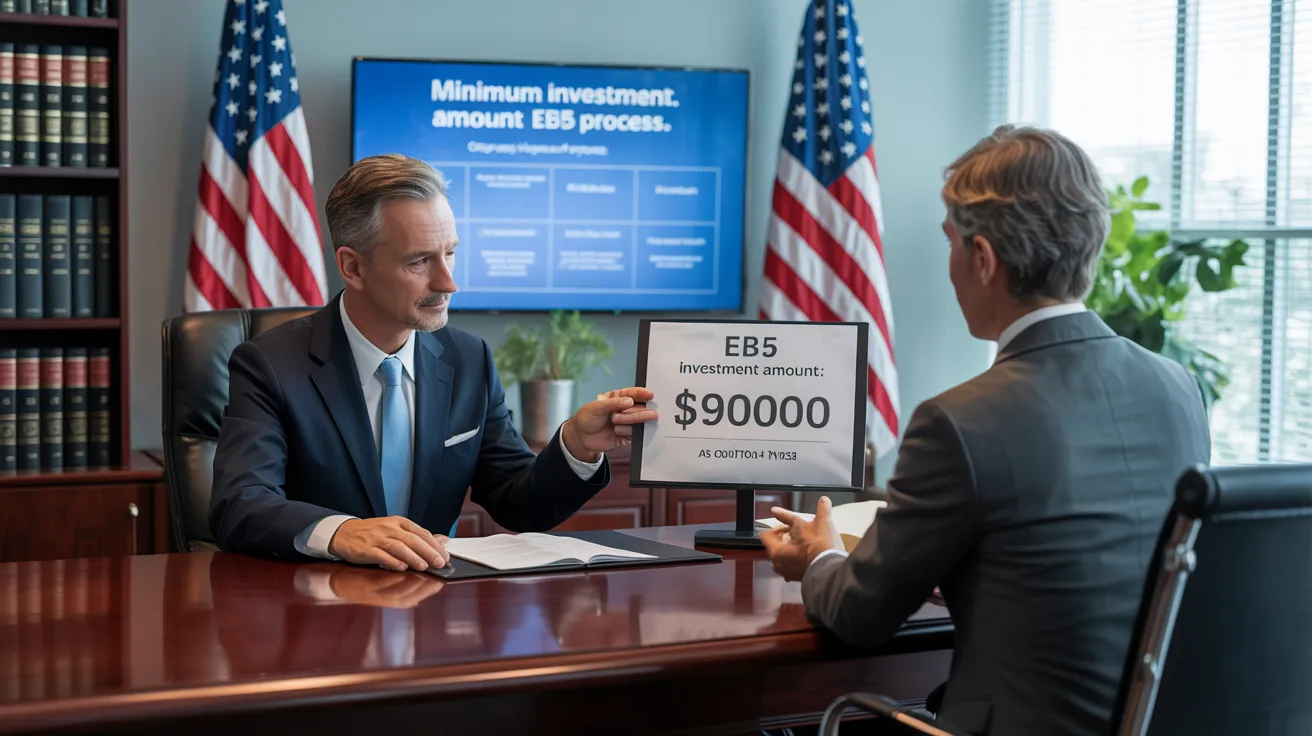The Basic Principles Of L1 Visa
Table of ContentsL1 Visa Can Be Fun For AnyoneLittle Known Questions About L1 Visa.The Buzz on L1 VisaWhat Does L1 Visa Mean?L1 Visa Can Be Fun For Anyone
L-1 visas are offered to staff members of a global firm with workplaces in both the United States and abroad. L1 Visa. The visa permits such international workers to relocate to the company's United States workplace after having worked abroad for the company for a minimum of one continual year within the previous 3 previous to admission in the United StatesOne L-1 visa can allow numerous workers entry into the United States. Spouses of L-1 visa owners are permitted to work without constraint in the US (making use of an L-2 visa) event to status, and the L-1 visa might legitimately be made use of as a stepping rock to a permit under the doctrine of dual intent.
Given that 2000, Indian nationals are the largest receivers of L-1 visas. The number of L-1 visas provided to Indian nationals jumped from 4.5 percent in 1997 to 43.8 percent in 2006. In 2019, Indian nationals obtained 18,354 L-1 visas, accounting for 23.8% of all L-1 visas released in 2019. According to USCIS information, the biggest employers to receive L-1 visas in 2019 were Tata Working as a consultant with 1,542 approved L-1 visa petitions, Infosys with 517, Amazon with 455, Observant with 382, and Deloitte with 305.
Congress developed the L-1 visa in 1970. The original visa required that the job period match directly prior to applying for the firm transfer.
The Ultimate Guide To L1 Visa
Significant Indian outsourcing firms such as Tata, Infosys, and Wipro progressively used the L-1 copyright team American multinational corporations. Half of Tata's employees brought to the United States came on L-1 visas.
In 2003, the Us senate Judiciary Committee held a hearing on the L-1 visa. In monetary year 2004, the number of L-1B visas went beyond the number of L-1A visas.

Applicants who remain in the USA at the time of the declaring of the I-129 can request an adjustment of condition from their present nonimmigrant standing (i.e. visitor, pupil, etc), as long as they remain in standing at the time of the filing of the I-129. If they head out of status after the declaring, but before authorization, there is no adverse repercussion, and the individual does not accumulate illegal visibility.
Youngsters of the primary L-1 can attend school. The spouse of the primary L-1 has an automated right to operate in the USA. Kids can decline paid employment. The spouse can, however need not, use with the USCIS for employment consent after arriving in the USA and, after issuance of the Work Permission File (EAD, Type I-765), may thereafter help any type of company.
Getting My L1 copyright Work
An I-797 Notification of Activity showing the approval of the visa request does not guarantee that a visa L1 Visa process will be released at the United state

Not known Factual Statements About L1 Visa
For an L-1 visa candidate, "twin Intent" is permitted: unlike some courses of non-immigrant visas (e.g., J-1 visas (L1 Visa)), L-1 applicants may not be refuted a visa on the basis that they are an intending immigrant to the United States, or that they do not have a residence abroad which they do not intend to abandon
L-1 standing might be renewed and extended within the USA. Except in the case of blanket petitions, a new I-129 application should be filed. Renewal in the United States applies to condition only, not the real visa in the copyright. copyright revival, the candidate must go to an U.S

L1 Visa - Truths
A person in L-1 status generally might function just for the petitioning firm. If the L-1 worker gets in based on an L-1 covering, however, it normally is feasible for the employee to be relocated the same ability to any kind of other related firm detailed on the blanket. The L-1 visa program has been criticized for lots of reasons.
In one example, The U.S. Department of Labor fined Electronics for Imaging $3,500 for paying its L-1 visa workers $1.21 an hour and functioning some of them approximately 122 hours a week. Some industry reps have actually implicated business of using the L-1 program to replace U.S. employees. Detractors and federal government authorities have mentioned exactly how the visa program does not specify "specialized knowledge" for international workers in the L-1B visa category.